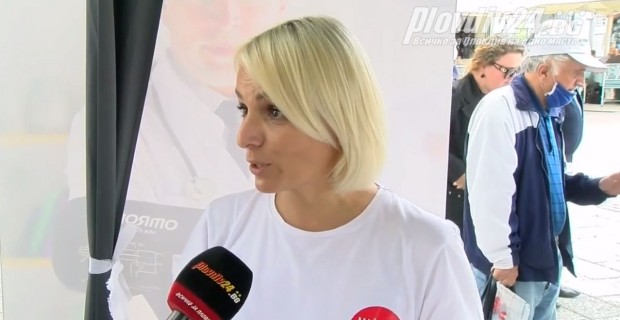May 17, 2021
19:49
–
Europe wants to green the “blue economy” by putting the turbo on offshore wind, attacking marine emissions and boosting the production of algae.
–
The European Commission wants to support the development of the seaweed production industry. In an initiative that it is preparing for next year, it intends to facilitate the authorization of algae as new foods that can be marketed in Europe, facilitate their access to the market, but also communicate to increase consumer acceptance of seaweed foods Europeans. It also wants to intensify research and innovation on foods made from algae.
–
“Algae can relieve environmental pressures from agriculture, aquaculture and fisheries.”


